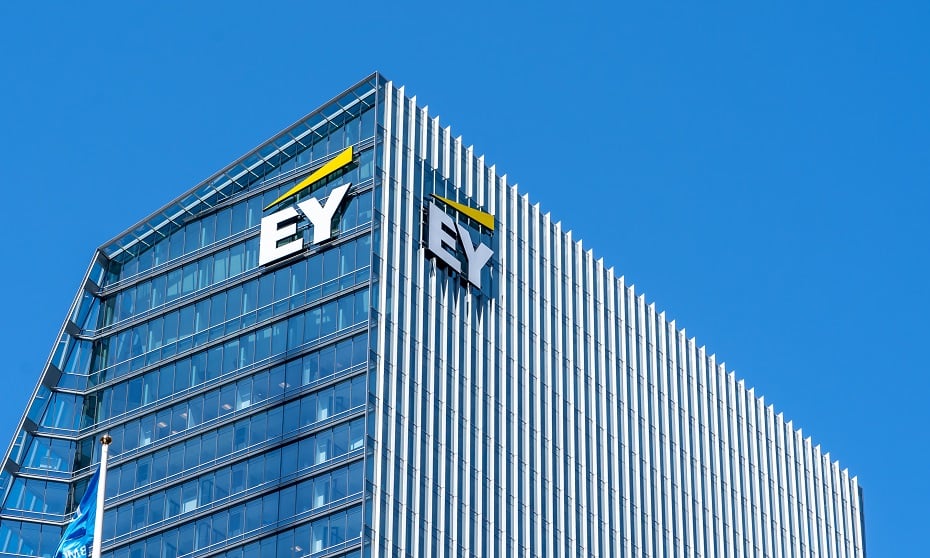
The firm has since cancelled the course

Ernst & Young (EY) cancelled a leadership training program after news broke this week that it allegedly shared sexist and offensive content.
Around 30 female executives at the session held in EY’s office in New Jersey, US received “advice” dictating how they should dress, speak and act to be successful in a male-dominated workplace.
A spokesperson from EY said the ‘Power-Presence-Purpose’ course “is no longer offered in its current form” and that it’s been under review for months. They added that the course was developed by an external vendor.
The 55-page presentation was given to Huffington Post by an attendee. It included tips like:
The course also compared communication styles, with “invisible rules” like:
READ MORE: Meaningful gender balance remains elusive
According to HuffPost’s source, the program began with a red-flag of a test – a masculine/feminine score sheet. Attendees were asked to rate themselves against stereotypical masculine and feminine characteristics at and outside of work.
Ironically, none of the feminine traits involved leadership qualities at the L&D seminar. Masculine traits included “act as a leader”, “ambitious”, “forceful”, “has leadership abilities” and “makes decisions easily”.
Feminine traits included “childlike”, “eager to soothe hurt feelings”, “femininity”, “gullible” and “tender”.
The attendee shared the program’s tip that women should present more feminine qualities if they want to be successful or risk being penalised by both men and women.
In a statement, EY said that “there is no question that elements of the program included offensive content that is inconsistent with our core beliefs”.
The firm called the training voluntary and said that just a “small group of EY professionals” took part. Additionally, the program didn’t “reflect EY’s values or culture and should not have been offered to any of our women”.
Such outdated gender myths have been frequently debunked in recent years. In May, HRD attended P&G’s progressive #WeSeeEqual summit, co-organised with UN Women, where they urged employers to abide by a new playbook and focus on gender equal initiatives.
Karl Preissner, leader, global diversity and inclusion at P&G and Balaka Niyazee, gender equality sponsor and VP, P&G Korea both set the tone of the event by debunking several gender myths.
READ MORE: 5 gender myths killing your D&I agenda
Myth: There is not enough women in the pipeline
This myth states that the C-suite is male-dominated because there simply aren’t enough women in the pipeline. The reality is the pipeline is full of qualified women, attained at the entry level. The numbers only drop off as women progress in their careers.
Preissner suggested that employers need to be intentional about developing career pathways for all employees to enable inclusive leaders in the future.
Myth: The leadership myth around the need to “fix the woman”
Preissner said most of us still have a “dated mental model” of what leadership looks like – one of a “prototype” that’s based on a male model of leadership.
The “fix” involves broadening our definition of leadership, he said. One way to do so is by considering how there is a wide range of leadership styles – not just one.
Myth: Sexual harassment is a woman’s issue
“Sexual harassment is a business and leadership issue,” Preissner said. “Whether it’s physical, verbal or emotional, it’s an issue that affects women and men as well.
“As leaders, we need to take an uncompromising position to challenge and eradicate workplace harassment in all forms. This starts at the top because leadership sets the culture.”